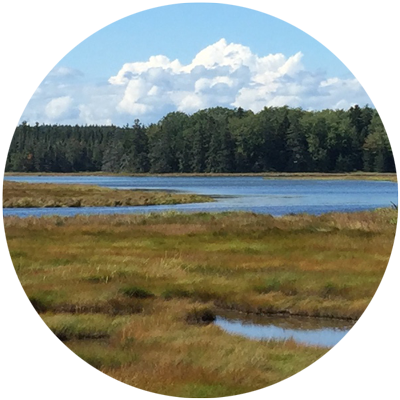
River conservation corridor
The East Branch of the Little Calumet River Conservation Corridor Project has helped to accelerate the preservation, restoration, and water quality improvement efforts within an ecologically significant riparian area. Project goals have included land acquisition, prioritization of acquisitions, collaborative land management planning, ecological restoration, identification of green infrastructure opportunities, and evaluation of policy mechanisms and barriers…
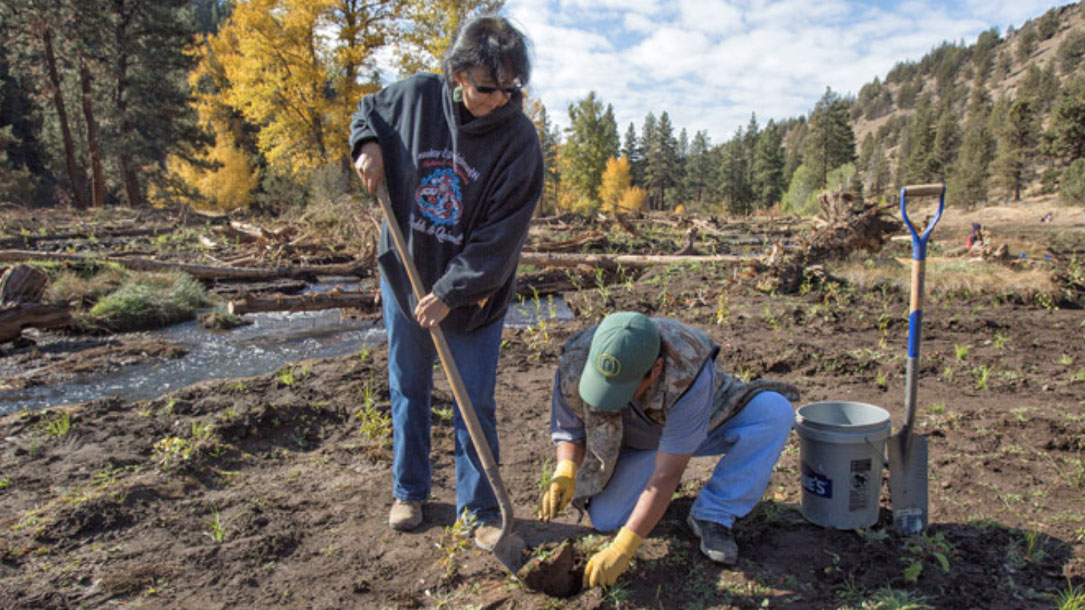
Climate change: Impacts on the communities we love
Central Oregon has some incredible towns, whether it’s the breweries, restaurants, bike paths, or people living there. While we often focus on how climate change is affecting the natural areas around us, it’s also impacting our communities. Learn more about what we can expect from climate change in the communities we love.
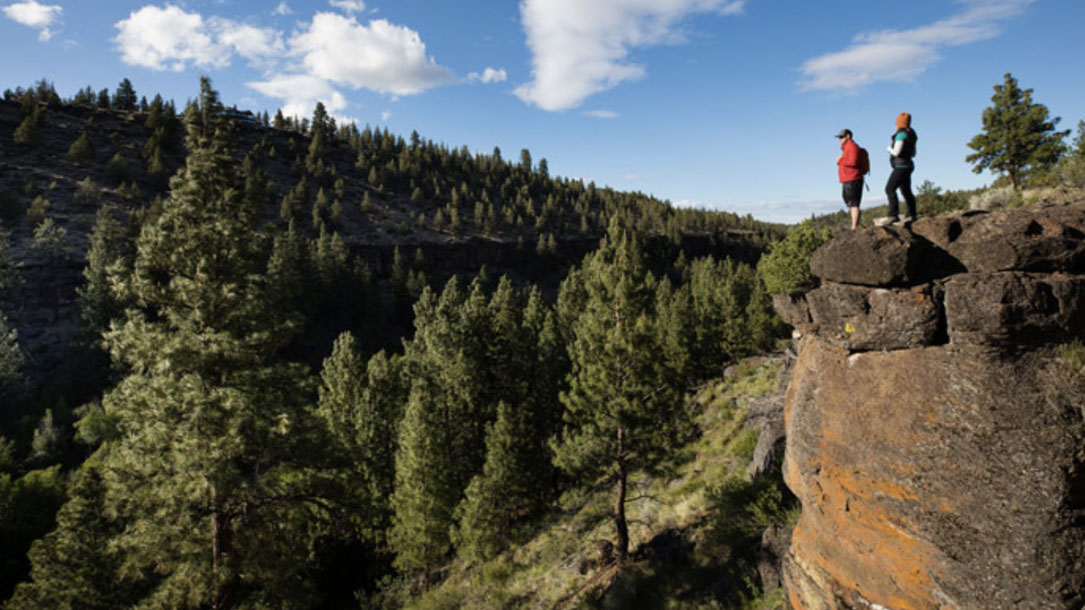
Climate change: Impacts on the places we love
Most people live in Central Oregon because of the immense beauty of its natural places. Our mountains, forests, lakes, streams, and sagebrush steppe habitats are all being altered by climate change. These impacts have begun to affect ecosystems across our region, and the impacts of climate change on animals, plants, and habitats are all interconnected. Learn more about what’s happening now and what we can expect to happen in the future to our loved places.
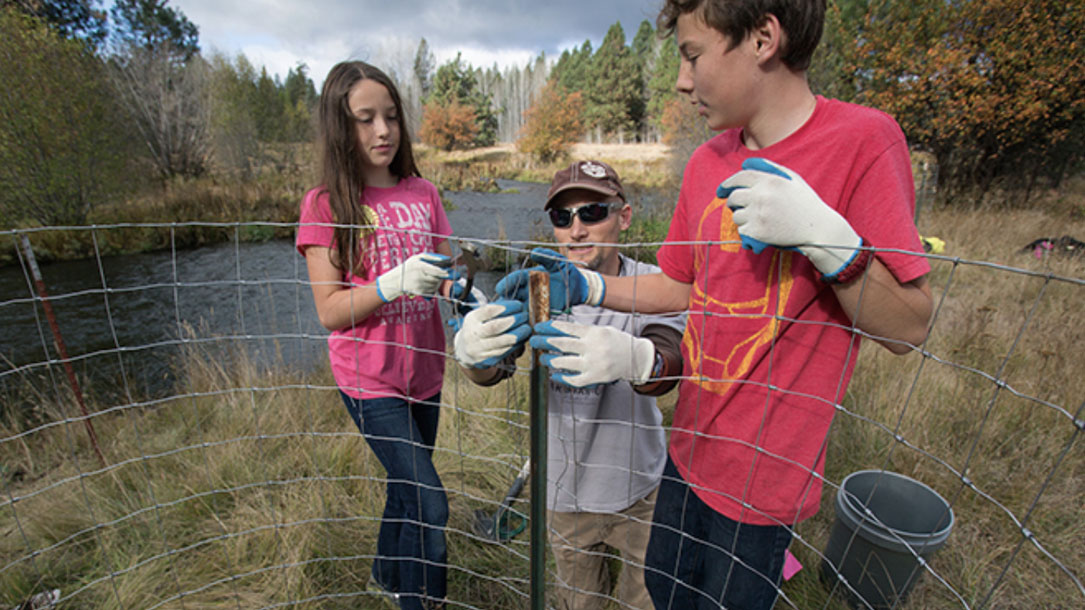
Climate change strategy
Land trusts are talking about climate change more and more in a solution-based, and authentic, manner. Here’s an excerpt from the Deschutes Land Trust website about climate change:
“What does climate change have to do with the Land Trust?
It’s pretty simple: climate change threatens the Land Trust’s core mission of protecting land for wildlife, scenic views, and local communities in perpetuity. In that regard, responding to climate change is like an insurance policy for land trusts.
As a conservation organization, the Land Trust can substantially contribute to mitigating the effects of climate change on local natural areas and can help facilitate the ability of fish and wildlife to adapt to altered landscapes. Learn more about how climate change impacts the places we love and the communities we love…”
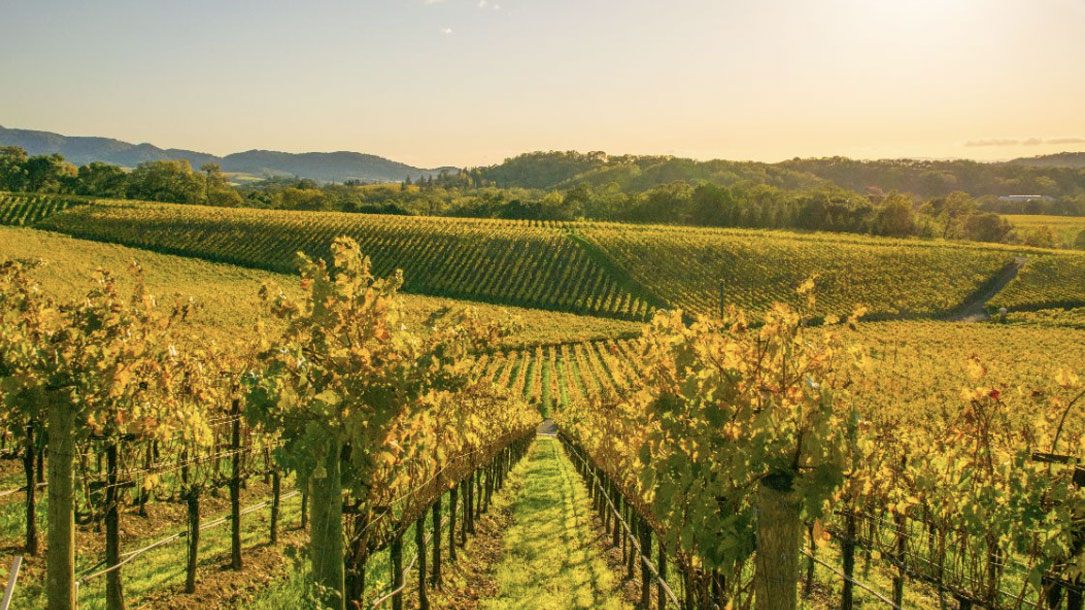
California conservation to address climate change
[In 2021] the Trust for Public Land and JPMorgan Chase announced a $500,000 collaboration to launch The Trust for Public Land’s new California Climate Conservation program, and protect natural and working lands, mitigating climate impacts for people in the Central Coast and Los Angeles County. The program will incorporate California’s climate action strategy and help achieve greater community resilience through nature-based solutions and by engaging with local communities…
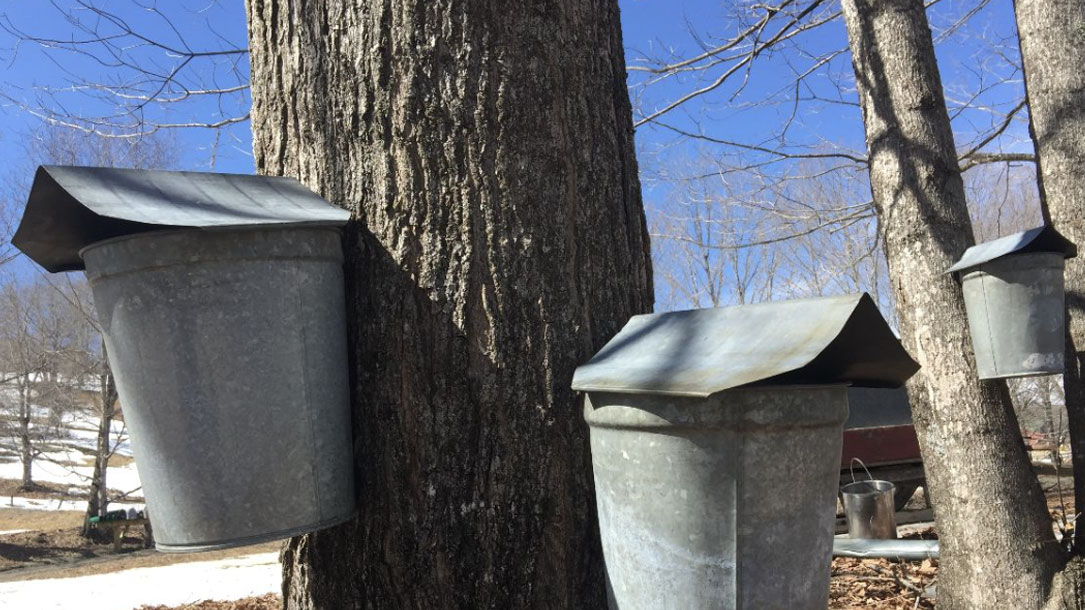
Sequestering carbon while making breakfast sweeter
Vermont’s private forests play a key role in mitigating climate change — they store four times as much carbon as the state’s vehicles release each year. Selling forest carbon credits to companies and individuals working to reduce their carbon footprints provides a new source of income for individual landowners like Jessica Boone and Everett McGinley in Vermont’s Cold Hollows region, which helps them protect their forests. Unfortunately, carbon markets can be too costly for most owners of small forest parcels to join.
That’s why the Vermont Land Trust formed Vermont Forest Carbon LLC and teamed up with The Nature Conservancy, the Caron Dynamics Lab at the University of Vermont, and Cold Hollow to Canada, a local land stewardship and conservation organization, helping landowners overcome the cost barrier by working together as a single carbon project.
This is the first large-scale aggregated forest carbon project in the country, with fifteen neighbors teaming up to sell carbon credits from their land…
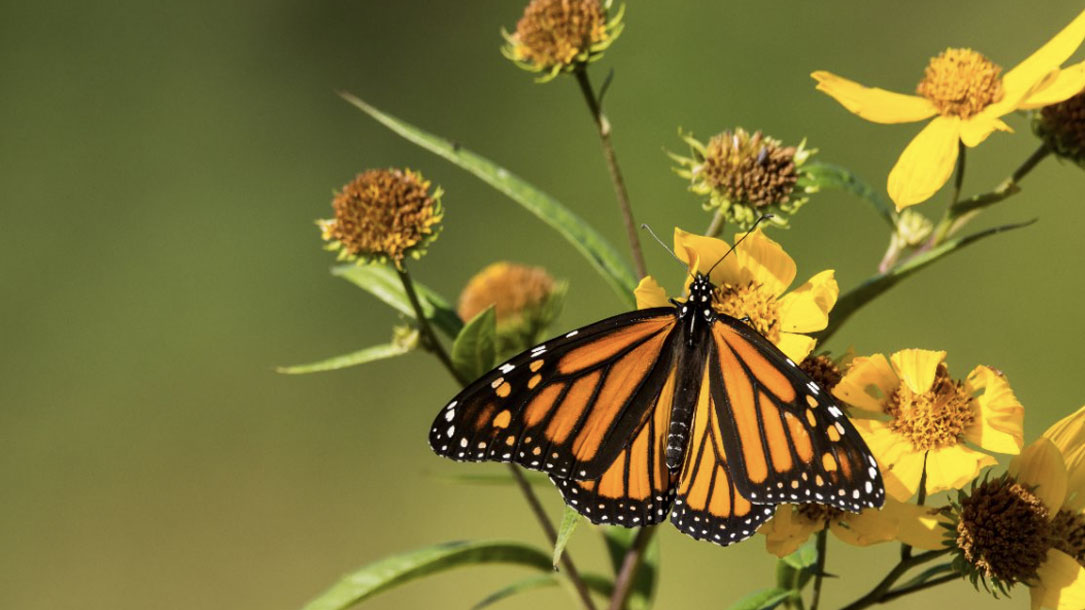
Climate Change Pilot Project
South Kingstown Land Trust was invited by the University of Rhode Island’s Coastal Resource Center (CRC) to participate in a pilot project to investigate how climate change could impact land trusts — whether impacts to our land holdings themselves or to our priorities for preservation.
For Rhode Island, the likely effects of climate change will include sea-level rise and increases in air and water temperature, precipitation, and storminess. The study was funded by the Rhode Island Coastal Resources Management Council…
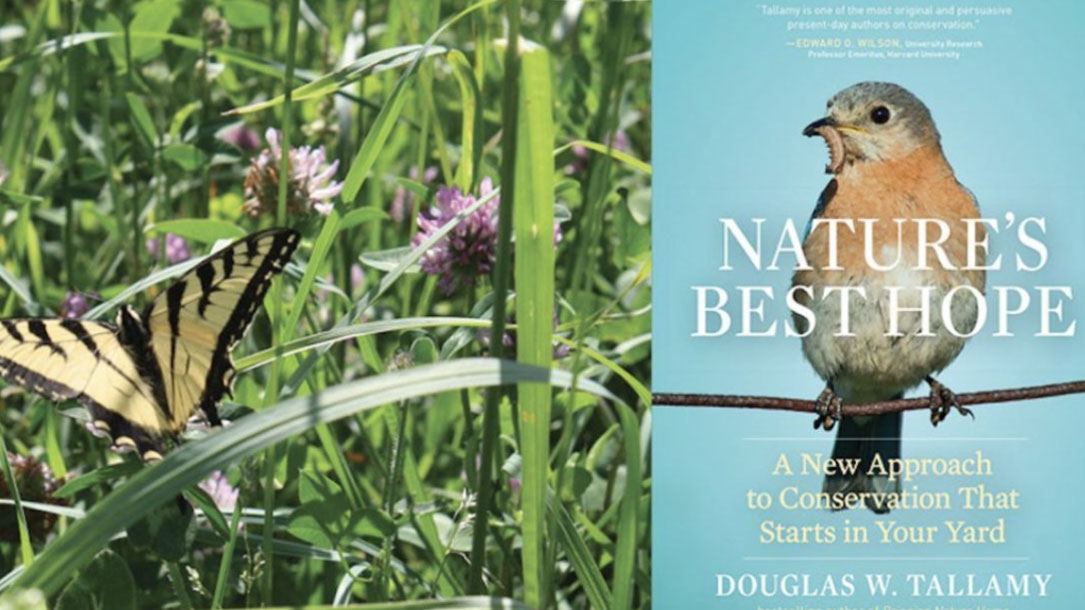
Addressing climate change through land conservation and land stewardship
Kestrel Land Trust is hosting a speakers series designed to empower local action around habitat conservation and climate change.
On Thursday, March 31st at 6:30 p.m. Eastern Standard Time, there will be a 60-minute online presentation followed by a 30-minute Q&A. Bring your curiosity and questions!
This program is the second of Kestrel’s 2022 Ecological Solutions for Climate Change Speaker Series.
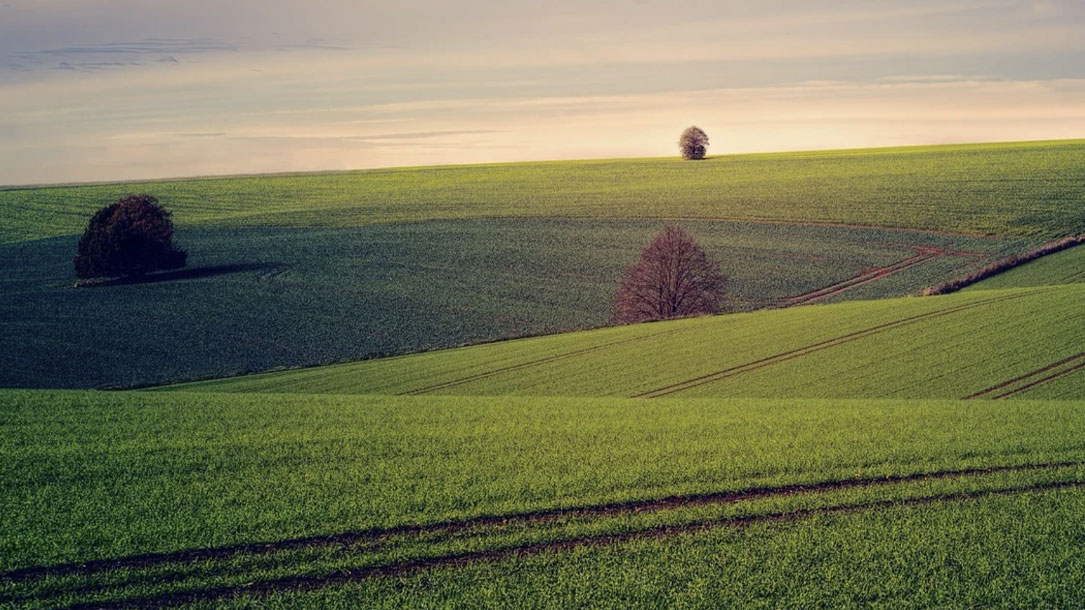
Land is a critical resource, IPCC report says
Land is already under growing human pressure and climate change is adding to these pressures. At the same time, keeping global warming to well below 2ºC can be achieved only by reducing greenhouse gas emissions from all sectors including land and food, the Intergovernmental Panel on Climate Change (IPCC) said in its latest report on Thursday.

Why rivers matter in a changing climate
Conditions on the Maine coast are rapidly changing. The Gulf of Maine is warming faster than 95% of the world’s oceans; sea level is expected to rise six feet in the next fifty years; some of our roads and bridges are already under water at high tide; storms are increasing in intensity and frequency.
Here’s the good news: according to a report released by the United Nations in 2019, land conservation is one of the most important and effective methods of reducing the negative impacts of climate change…



